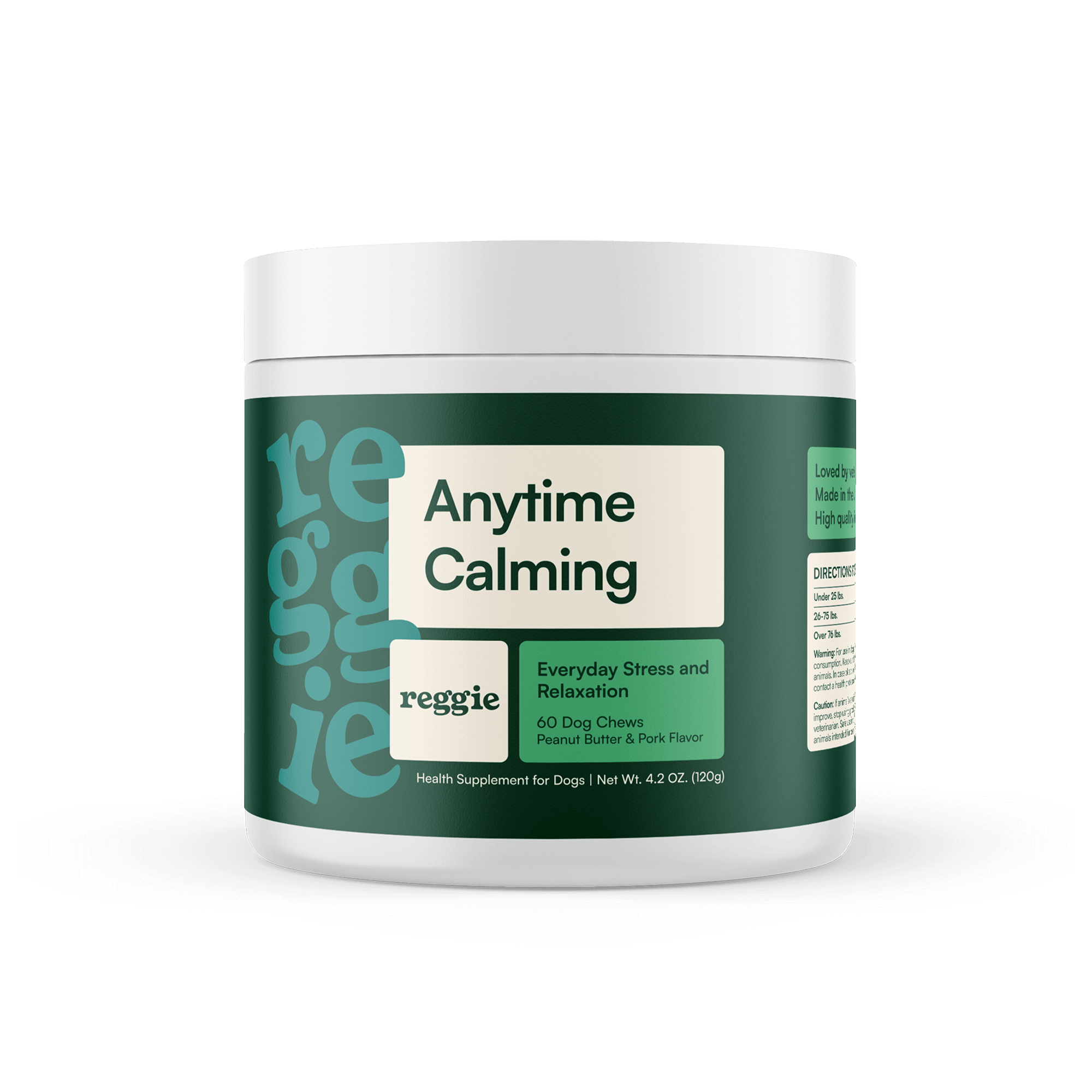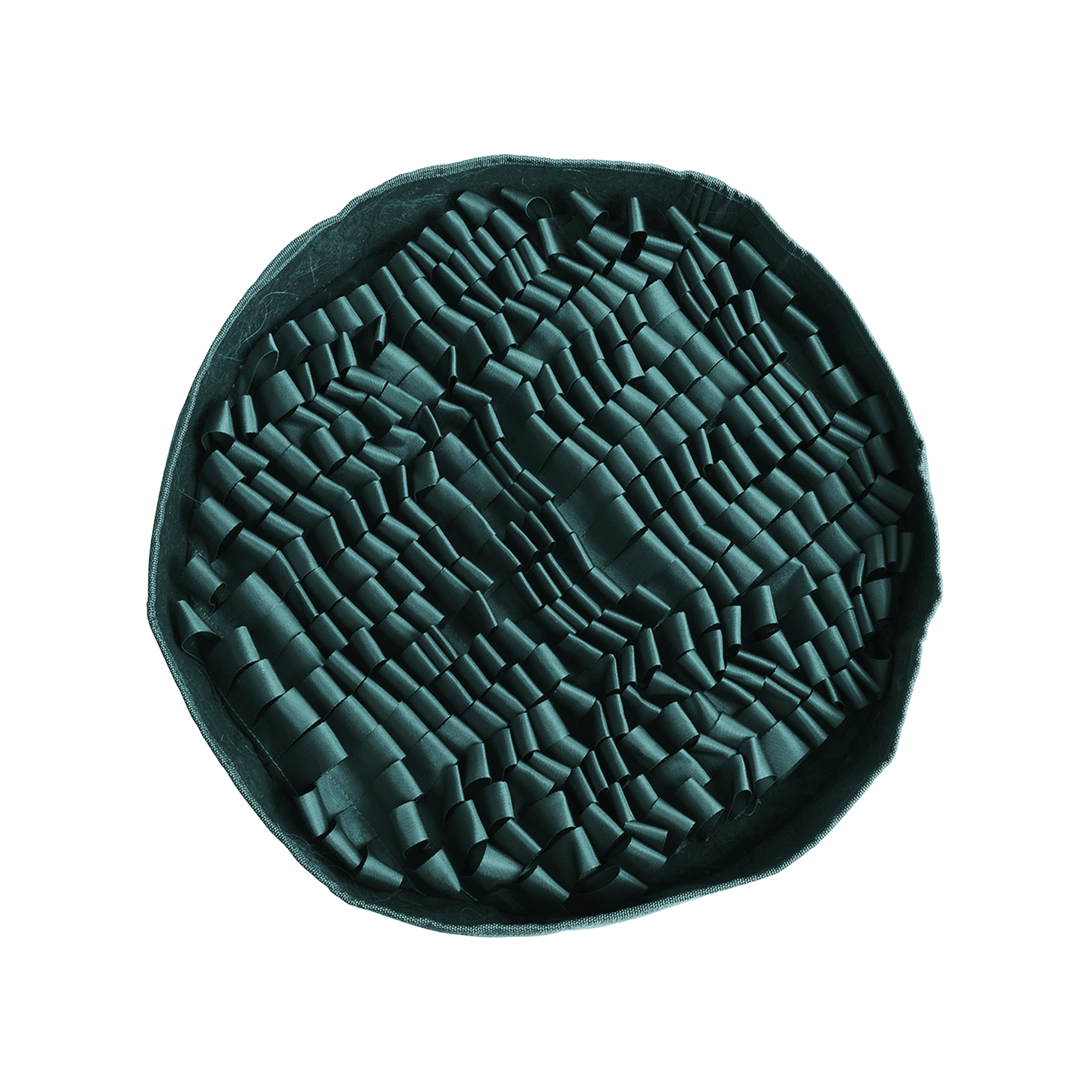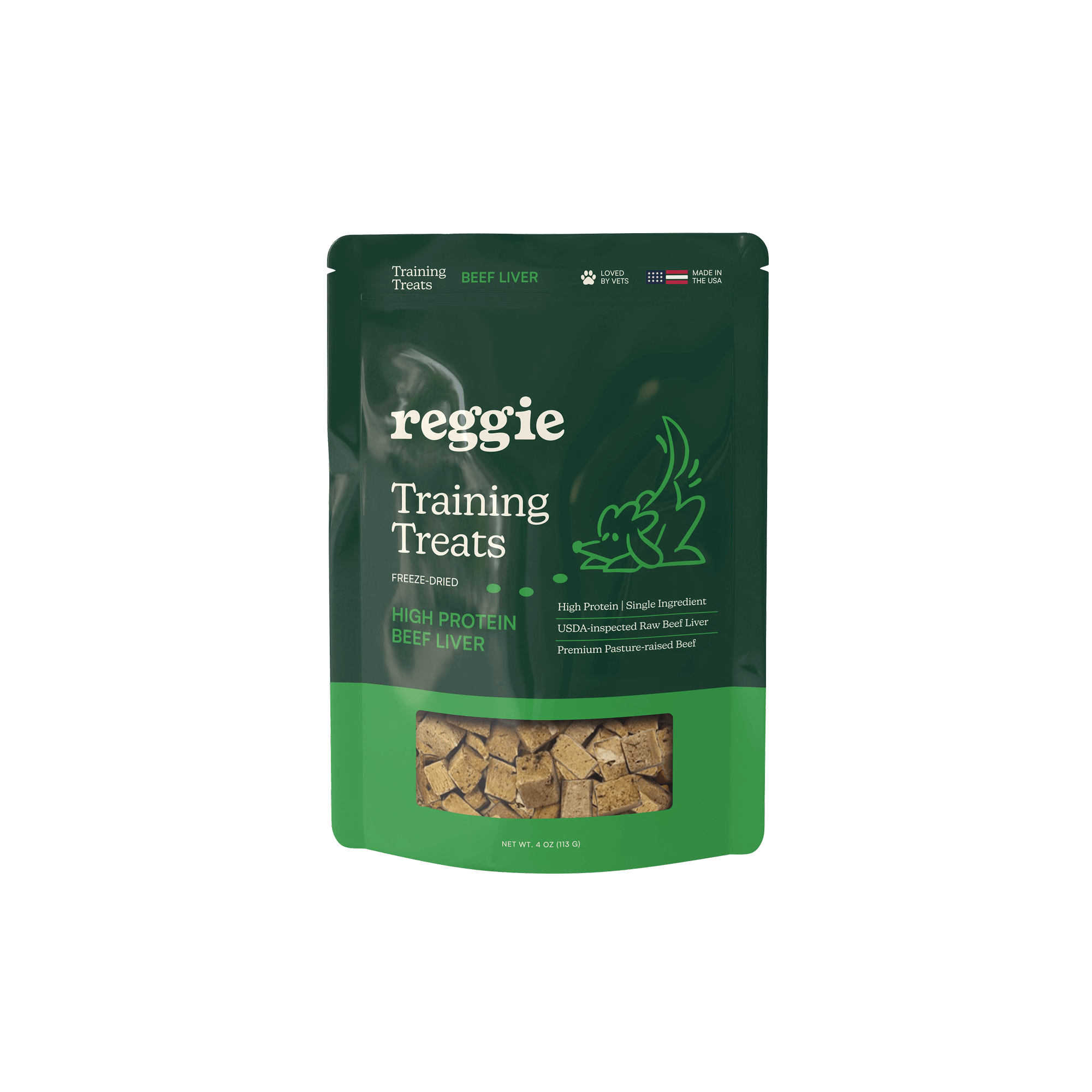It’s easy to assume that stiff joints are just part of getting older for dogs as well as humans. But did you know that many dogs start showing signs of joint discomfort well before their senior years? Joint health plays a crucial role in your dog’s overall happiness, mobility, and quality of life. That’s why more pet parents (and vets) are turning to joint supplements to help support their dogs from the inside out.
So how do you know when it might be time to add a joint supplement to your dog’s daily routine? Let’s take a look at the signs, ingredients to look for, and when to start.
Subtle Signs Your Dog May Be Struggling with Joint Discomfort
Dogs are notoriously good at hiding pain. It’s part of their instincts. That means by the time your dog shows obvious signs of joint pain, it’s often been progressing under the surface for a while. Here are some early red flags to watch out for:
- Slowing down on walks: If your dog used to race out the door and now lags behind or tires quickly, it could be due to joint stiffness.
- Difficulty getting up or lying down: Stiff hips or knees may make transitioning from lying to standing a chore.
- Hesitation with stairs or jumping: Your dog used to fly up the steps or hop into the car—but now they pause or need help.
- Licking or chewing at joints: This is a common way dogs self-soothe when something aches.
- Changes in personality: Discomfort may lead to irritability, withdrawal, or even aggression.
If you notice any of these behaviors, a joint supplement could be a valuable tool in your care plan. But even if your dog seems fine, preventative support might still be a wise move.
How Joint Supplements Work—and Why They Help
Joint supplements for dogs typically include ingredients like Glucosamine, MSM (Methylsulfonylmethane), and Chondroitin Sulfate - all of which work synergistically to support healthy joints.
- Glucosamine helps maintain the cartilage that cushions joints and may help delay the breakdown of cartilage in aging or active dogs (American Kennel Club, 2020).
- Chondroitin Sulfate works with glucosamine to reduce inflammation and improve cartilage resilience (VCA Animal Hospitals).
- MSM is a natural sulfur compound known for its anti-inflammatory and antioxidant benefits, particularly in joint mobility and muscle recovery (PetMD, 2022).
When combined, these ingredients help reduce inflammation, protect joint cartilage, and support better movement especially important for aging dogs, large breeds, or those who lead very active lives.
At Reggie, we believe in good ingredients and formulations. Our Morning Hip and Joint Chews are thoughtfully formulated to deliver real, lasting support with no unnecessary fillers, no fluff, just the good stuff.
We use a high-purity form of Glucosamine (free from added potassium or sodium), combined with MSM and Chondroitin—all sourced from a trusted NASC-preferred supplier. Every chew is designed to help your dog move more freely, stay active longer, and feel better every step of the way.
Because our ingredients are naturally derived and gentle on the body, these chews are perfect for daily use, whether your dog is already slowing down or you simply want to stay one step ahead.
When Should Dogs Start Taking Joint Supplements?
You don't want to wait until signs of stiffness or discomfort appear, because by then, some joint damage may already be done. That’s why veterinarians now often recommend starting joint supplements before symptoms show, especially in:
- Large and giant breeds like Labradors, German Shepherds, and Golden Retrievers, who are prone to hip dysplasia and arthritis (American College of Veterinary Surgeons).
- Highly active or athletic dogs such as working breeds, agility competitors, or regular hiking companions.
- Senior dogs, generally over age 7 (or age 5 for large breeds), as joints naturally degenerate with age.
Starting early with a high-quality supplement like our Morning Hip and Joint Chews can help maintain cartilage integrity and reduce wear and tear over time. Prevention is easier and kinder than trying to reverse years of damage.
Do Vets Recommend Joint Supplements for Dogs?
Yes, they absolutely do. Veterinarians widely agree that quality joint supplements are a safe, effective, and proactive way to support your dog’s musculoskeletal health. While prescription medications may be needed for advanced cases of arthritis, many vets suggest joint supplements as a first step or ongoing preventative, especially when used alongside a healthy diet and regular exercise.
Dr. Jerry Klein, Chief Veterinary Officer of the American Kennel Club, notes that supplements containing glucosamine and chondroitin are commonly recommended for dogs with early signs of joint disease or those predisposed to problems (AKC.org, 2020).
Even dogs without visible joint problems can benefit, especially if they’re entering their senior years or belong to breeds with a higher risk of joint issues.
Whether your dog is full of energy or starting to slow down, joint health matters. Glucosamine, Chondroitin, and MSM offer gentle, effective support to keep them moving comfortably.
Many pet parents trust Reggie’s Morning Hip and Joint Chews, and their results speak for themselves. If you’re looking to support your pup’s movement and comfort, this could be the daily boost they need.
Of course, it’s always smart to chat with your vet before starting any supplement routine. But when it comes to joint care, starting early is one of the best things you can do for your dog’s long-term health.
References
- American Kennel Club. (2020). Glucosamine for Dogs: What You Need to Know. Retrieved from https://www.akc.org/expert-advice/health/glucosamine-for-dogs/
- VCA Animal Hospitals. Nutritional Supplements for Arthritis in Dogs. Retrieved from https://vcahospitals.com/know-your-pet/nutritional-supplements-for-arthritis-in-dogs
- PetMD. (2022). MSM for Dogs. Retrieved from https://www.petmd.com/dog/general-health/msm-dogs
- National Animal Supplement Council. Joint Health for Pets. Retrieved from https://www.nasc.cc/pet-owners/pet-joint-health/
- American College of Veterinary Surgeons (ACVS). Canine Hip Dysplasia. Retrieved from https://www.acvs.org/small-animal/canine-hip-dysplasia











